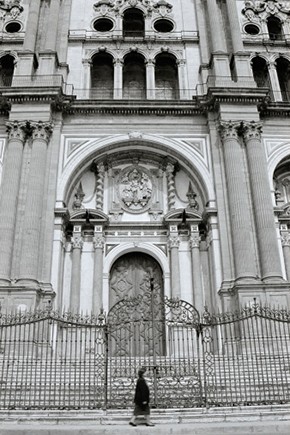What’s really killing the church

I went to see a woman of senior years—in England she is still called “an elderly lady.” She’d left the church when she was a young woman and wanted to come back.
Ah, I thought, a familiar story. A young person grows up in the church, but when she becomes a young adult she decides to get outside and smell a different air. Now that she was over 90 she thought it was time to give the church a second chance. She took her time, I thought, but the church had been patiently waiting for her all this time, as parents do for prodigals.
So I asked, “What was it that led you away from the church for 75 years?” Nothing to lose, I thought. I may learn something. But I forgot the first rule of the inquirer: never ask a question to which you might get an answer you’re not ready to hear. I was in for a shock.





